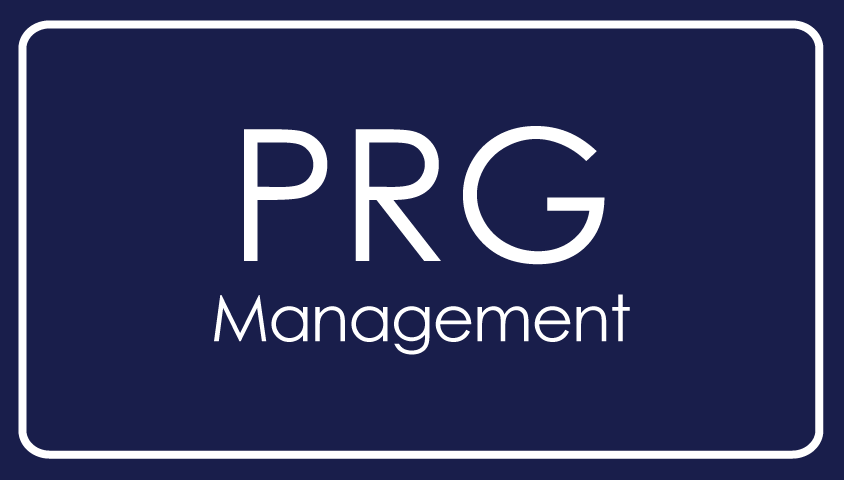Governor Pritzker extended the Illinois eviction moratorium to April 3, 2021. Executive order 2021-05 was signed on March 5th and included both an extended moratorium and made a change to the procedures for evictions.
What’s new:
Imminent threat / Dangerous Tenants case: Once a landlord receives an Illinois Tenant Declaration from a tenant, they may only proceed with the eviction if the tenant:
This means that emergency evictions can move forward even if a tenant is a “covered person” under the executive order.
Who is a “Covered Person”:
Tenants are considered a “covered person” if they meet all four of the following:
1. INCOME: At least one of the following applies to me:
(i) I expect to earn no more than $99,000 in annual income for Calendar Year 2020 (or no more than $198,000 if filing a joint tax return), or
(ii) I was not required to report any income in 2019 to the U.S. Internal Revenue Service (IRS), or
(iii) I received an Economic Impact Payment (i.e., the stimulus check) pursuant to Section 2001 of the CARES Act.
2. INABILITY TO MAKE PAYMENT DUE TO COVID-19: I am unable to make a full rent or housing payment due to a COVID-19 related hardship including, but not limited to, substantial loss of income, loss of compensable hours of work or wages, or an increase in out-of-pocket expenses directly related to the COVID-19 pandemic.
3. BEST EFFORTS: I am making my best efforts to make timely partial payments that are as close to the full payment as my circumstances permit, taking into account other expenses that I must pay (e.g.,food, utilities, phone and internet access, school supplies, cold-weather clothing, medical expenses, child care, and transportation costs, including car payments, maintenance, and insurance);
4. AT RISK: If evicted, I would likely become homeless, or be forced to move into and live in close quarters in a new shared living setting because I have no other available housing options.
Additional Protection to Renters:
Chicago’s Eviction Protection Ordinance was approved in June 2020 and is still in effect. The ordinance requires that landlords extend a seven-day cooling off period if tenants respond to the five-day notice with a Tenant Notice. The tenant has to prove unpaid rent stems from financial hardship that are caused by the pandemic. The Ordinance is meant to help protect tenants from loss of shelter, while protecting landlords by requiring tenants to pay rent.
What happens if rent repayment negotiations fail?
Tenants who are served with an eviction notice after failing to pay rent are covered under the COVID-19 Protection Ordinance. The ordinance does not apply to other material breaches of the lease agreement. This does not mean that tenants are free from paying rent. They are still responsible for outstanding rent balances.
If a landlord decides to move forward with eviction fillings over unpaid rent, they will need to prove to a judge that they made an effort to work with the tenant first. Landlords must show they entered good faith negotiations with the tenant including repayment plans or mediation efforts.
However, landlords should be mindful that even after proving a willingness to accept late payments the eviction process may not proceed. Additionally, in order to accept partial payment the landlord must back out of the eviction process and start over with a new five-day notice. Landlords must also have a letter that requests “strict compliance” with payment deadlines.
What about the CDC’s temporary eviction moratorium?
Since Illinois has a moratorium on residential evictions that provides the same/higher level of public health protection than the CDC’s order, the CDC’s moratorium does not apply. However, if the moratorium is not extended after April 3, 2021, the CDC’s order will apply. This would provide a temporary hold for qualifying IL renters for almost two more months.
Click here to read the full executive order.


















